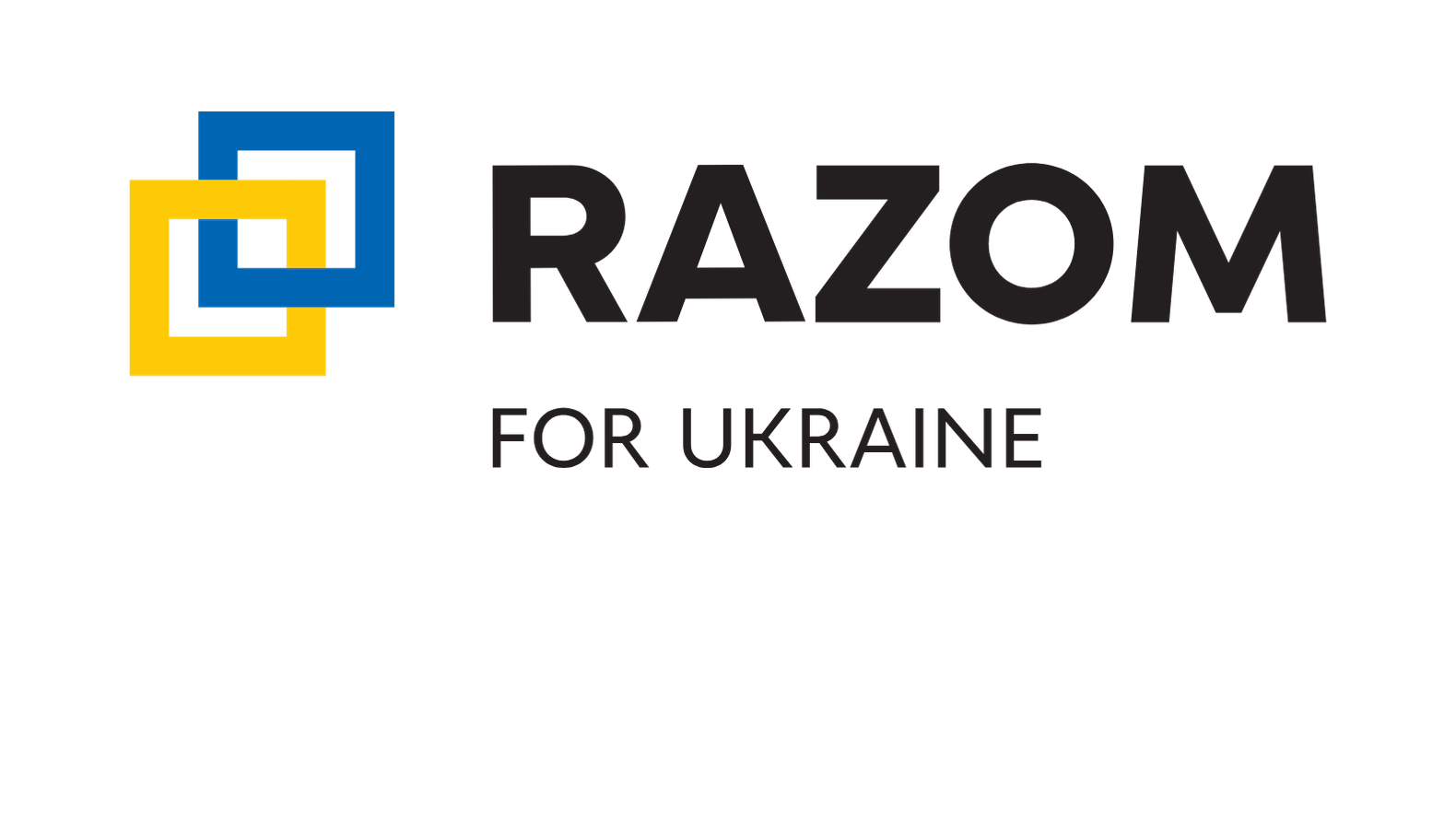HOME > REFUGEE INFOHUB > OTHER RESOURCES
Finding free food can depend on various circumstances and resources available in your community. Here are some ways you can find free food:
Find your local food bank.
Search the food pantries that are close to you.
Find food pantries near you.
Finding free clothes can be challenging but not impossible. Here are some ways you might be able to find free clothing:
Offers gently used business attire, casual clothes, shoes and accessories in five NeON Clothing Closets throughout the five boroughs of New York City.
This organization lifts up the local communities of New York and Northern New Jersey by using funds generated in their retail stores and donation centers to support employment opportunities for people with disabilities or other obstacles to employment.
Dress for Success offers support and assistance to women identifying and striving towards their professional and personal goals.
Finding free furniture is possible through various avenues. Here are some ways you might be able to find free furniture:
Over 8 million people around the world are giving and getting free stuff in their local communities.
Buy or sell new and used items easily on Facebook Marketplace, locally or from businesses.
Buy Nothing offers people a way to give and receive, share, lend, and express gratitude through a worldwide gift economy network in which the true wealth is the web of connections formed between people.
Free online courses with certificates. Join 8 million graduates and empower your career.
Learn new skills, earn credit toward a degree, or advance your career at your own pace.
With the free mobile app or web and a few minutes a day, everyone can Duolingo.
Learn English with movies and shows with subtitles.
Explore housing options in the area you're moving to. Consider the possibility of temporary accommodation for the first weeks. Conclude a lease agreement or agree on long-term housing.
Make sure you have enough funds for the initial period of residence. Research the cost of living in your new neighborhood. Open an account with a U.S. bank.
Get international health insurance if your current plan doesn't cover you in the U.S. Keep copies of your medical records and vaccinations.
Set up utilities (electricity, water, gas) and Internet in your new home.
Apply for a social security number, as it is required for employment and may be needed for other services.
If you have children, explore educational options and enroll them in school.
Explore public transportation options in your new city. Get your driver's license and consider buying or leasing a car if necessary.
Get the necessary work permit (if available). Get your academic documents assessed if you plan to study. Register for courses and pay the tuition fee (if in school). Update your resume to the US standard and start your job search (if employed).
Get a US SIM card and plan mobile communication.
Learn about American culture, customs and etiquette. Join local groups or communities in the diaspora to make friends and build a support system.
Learn about the U.S. tax system and learn about your duties.If necessary, consult a lawyer to understand the details.
Keep originals and copies of important documents such as passport, visa, medical records, academic certificates.
Keep a list of emergency contacts, including your local embassy or consulate, and/or local emergency services.
Consider taking an English language course.
